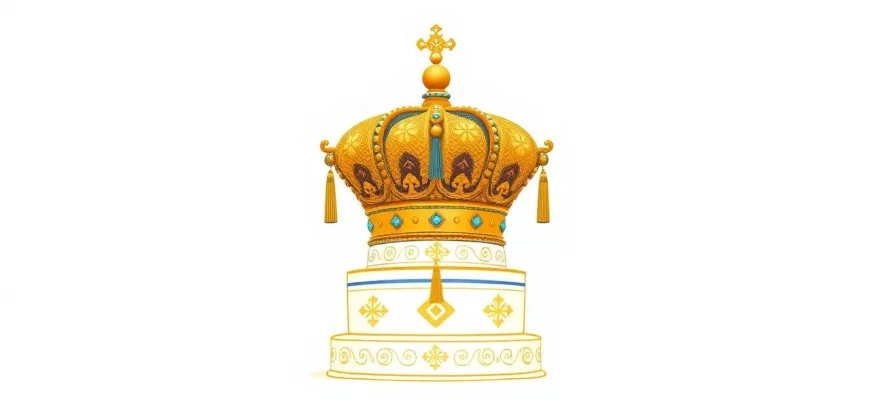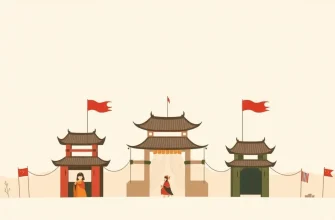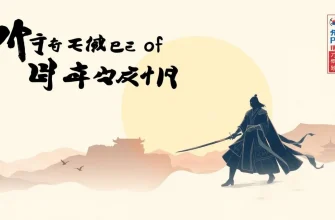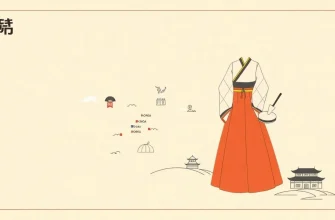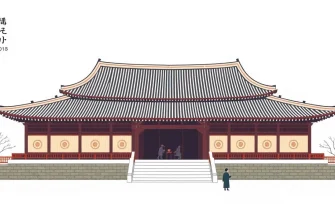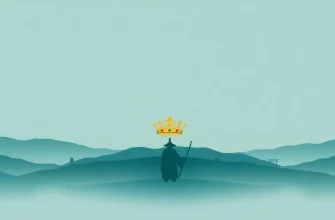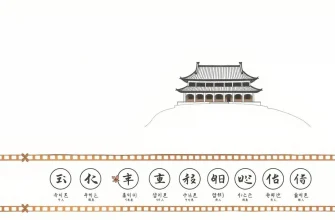Korean cinema has a rich tradition of bringing to life the stories of its historical figures, particularly those who ruled the nation. These films not only entertain but also educate viewers about the complexities of Korean history, the political intrigue, and the personal lives of the rulers. Here's a curated list of 10 must-watch historical films that delve into the lives of Korean kings and queens, offering a glimpse into their reigns, challenges, and legacies.

Masquerade (2012)
Description: Set during the reign of King Gwanghae, this film tells the story of a commoner who impersonates the king to protect him from assassination attempts, leading to unexpected political and personal changes.
Fact: The film was inspired by a real historical event where King Gwanghae was replaced by a look-alike. It also won several awards at the Grand Bell Awards and Blue Dragon Film Awards.
 Watch Now
Watch Now 
The Admiral: Roaring Currents (2014)
Description: This epic war film focuses on Admiral Yi Sun-sin, a revered military leader during the Joseon Dynasty, and his famous victory in the Battle of Myeongnyang.
Fact: It became the highest-grossing film of all time in South Korea and was praised for its realistic portrayal of naval warfare and the heroism of Yi Sun-sin.
 Watch Now
Watch Now 
The Royal Tailor (2014)
Description: Set during the Joseon Dynasty, this film explores the lives of royal tailors and their influence on court politics, focusing on the rivalry between two tailors and their impact on the king's decisions.
Fact: The film was noted for its exquisite costumes, which were designed to reflect the fashion of the Joseon era accurately, and it delves into the lesser-known aspects of court life.
 Watch Now
Watch Now 
The Fortress (2017)
Description: Set during the Qing invasion of Joseon, this film depicts the desperate defense of Namhansanseong by King Injo and his court, showcasing the harsh realities of war and survival.
Fact: The film was based on the novel "Namhansanseong" by Kim Hoon, and it was noted for its detailed historical setting and the portrayal of the king's moral dilemmas.
 Watch Now
Watch Now 
The Throne (2015)
Description: This film focuses on the tragic relationship between King Yeongjo and his son, Crown Prince Sado, highlighting the political machinations and personal conflicts that led to Sado's tragic end.
Fact: The film was critically acclaimed for its historical accuracy and the emotional depth of its performances, particularly by Song Kang-ho as King Yeongjo.
 Watch Now
Watch Now 
The Last Princess (2016)
Description: A biopic about Princess Deokhye, the last princess of the Korean Empire, detailing her life from her childhood in the royal palace to her exile in Japan and her eventual return to Korea.
Fact: The film was praised for its portrayal of the princess's resilience and the emotional journey of her life, earning several nominations at the Grand Bell Awards.
 30 Days Free
30 Days Free 
The Face Reader (2013)
Description: While not directly about a ruler, this film features a face reader who becomes involved in the political intrigue of the Joseon court, affecting the fate of kings and the nation.
Fact: It was one of the highest-grossing films in South Korea in 2013, and its plot is loosely based on the life of a real historical figure, Nae-gyeong.
 30 Days Free
30 Days Free 
The King's Letters (2019)
Description: This film tells the story of King Sejong, who created the Korean alphabet, Hangul, to make reading and writing accessible to all, highlighting his dedication to his people.
Fact: It was praised for its educational value, bringing to light the significance of Hangul and King Sejong's contributions to Korean culture.
 30 Days Free
30 Days Free 
The King and the Clown (2005)
Description: This film explores the relationship between King Yeonsan of Joseon and two clowns, Jang-saeng and Gong-gil, who perform at his court. It's a poignant look at power dynamics, love, and the harsh realities of royal life.
Fact: The film was a massive box office hit in South Korea, becoming the highest-grossing film of
 30 Days Free
30 Days Free 
The King of Pigs (2011)
Description: Although not about a historical ruler, this film uses the metaphor of "the king of pigs" to explore themes of power, bullying, and revenge, reflecting on societal structures akin to those in historical Korea.
Fact: The film was adapted into an animated feature, which is quite rare for Korean cinema, and it tackles heavy themes with a unique visual style.
 30 Days Free
30 Days Free 
